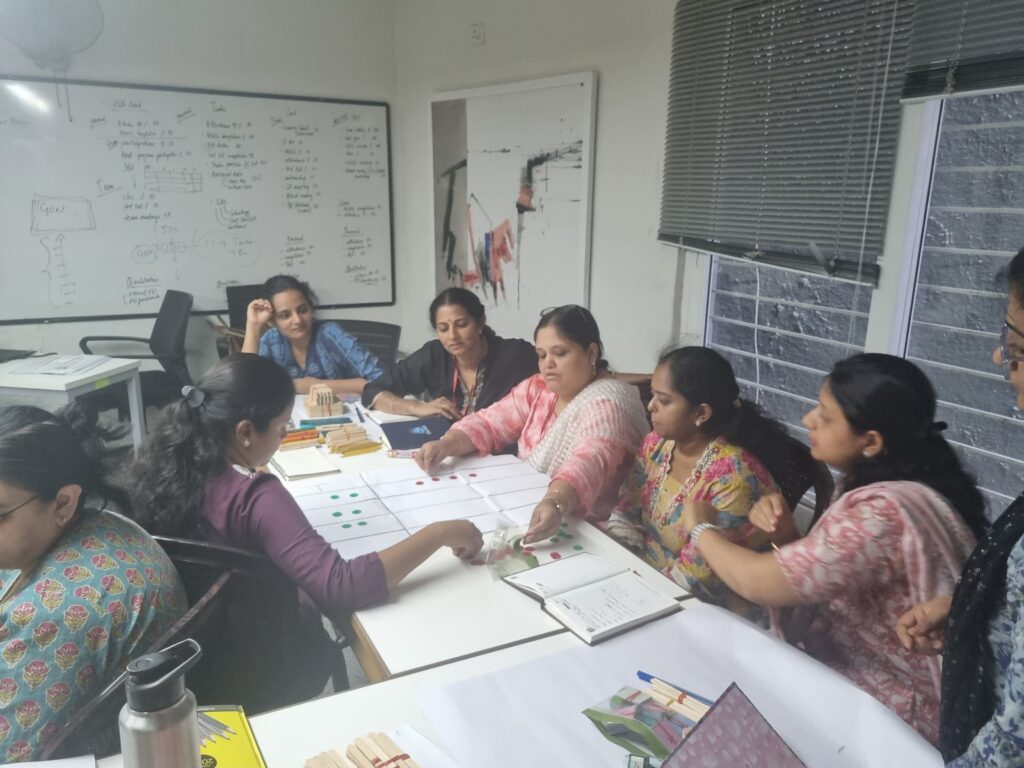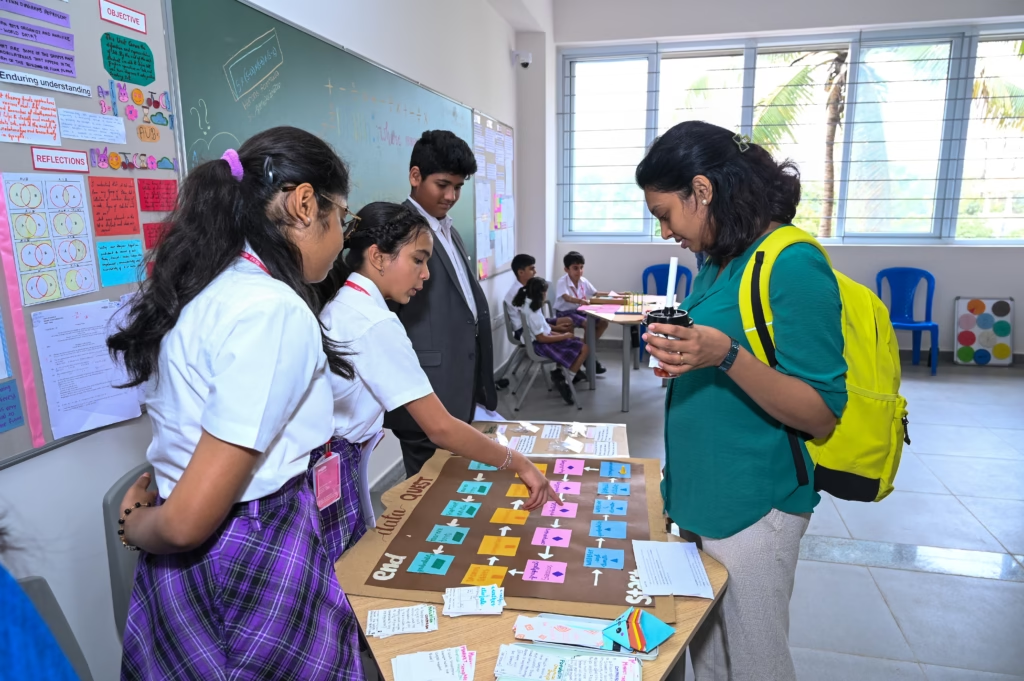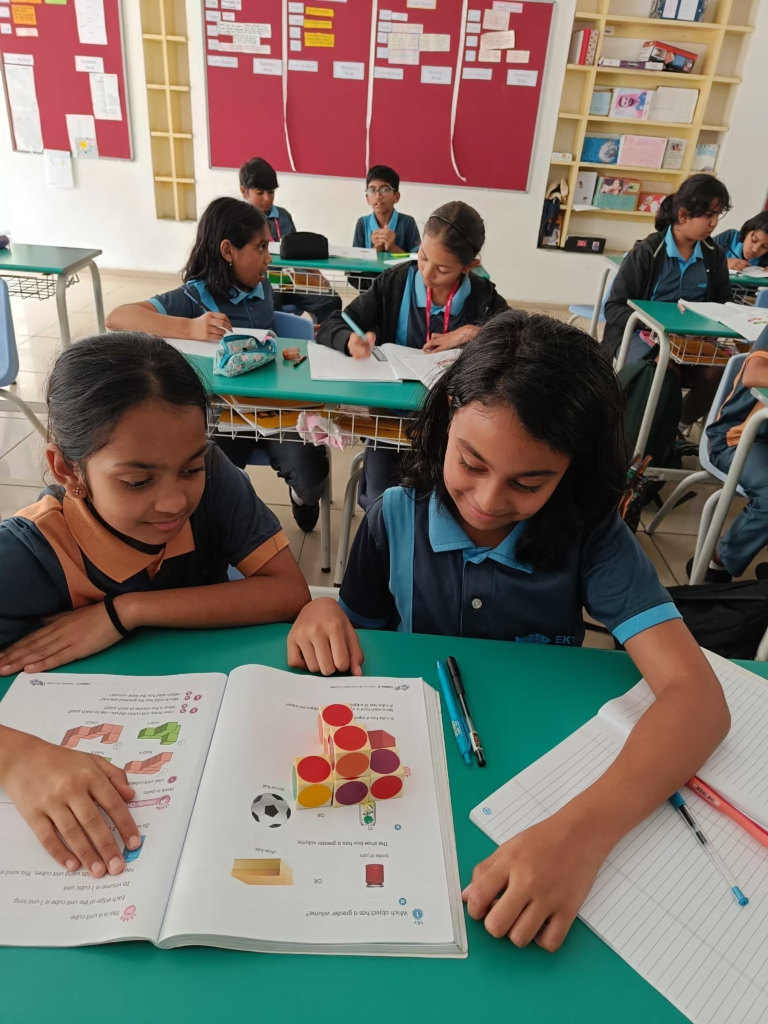Unlocking India’s 10trillion-dollar Potential: The Role of Purpose-Based Education in Fostering Innovation and Specialized Talents
India’s journey toward becoming a 10 trillion-dollar economy hinges on the transformative power of education. Traditional classrooms encourage rote learning and proficiency in competitive exams with the intention of preparing students for existing job roles. But with rapid advancements in AI and an increased reliance on digital connectivity—as starkly highlighted during the Covid-19 pandemic—the need to prepare students for a future where job landscapes are continuously evolving is evident. The workforce of tomorrow must be versatile, innovative, and adaptable to contribute meaningfully to the nation’s growth. To this end, it’s clear that a fundamental reimagining of our educational practices is imperative. A shift towards purpose-based education holds the key to unlocking the potential of India’s youth. Purpose-based schools emphasize personalized, meaningful learning experiences tailored to each student’s strength, interests, and values. Rather than following a one-size-fits-all curriculum, purpose based schools aim to cultivate a sense of purpose in each student, aligning educational content with students’ passions and real-world applications of their skills. This educational paradigm prioritizes learning that extends beyond the pages of a textbook, encouraging students to engage with real-world challenges and imbue their learning with a sense of mission. Imagine a computer science classroom where the focus shifts from explaining coding principles to enabling students to apply their skills in creating a program that addresses waste management in their school. Such a curriculum doesn’t stop there—it also empowers students with the entrepreneurial skills to pitch their innovative solutions to potential backers. This immersive, enjoyable approach not only cements the relevance of academic subjects but also equips students with the essential problem-solving skills and adaptability they’ll need in the workforce. Project-based learning is a cornerstone of this purpose-driven educational model, bringing academic concepts to life through practical application. It’s about learners taking theory into the real world, allowing them to understand the societal impact of their knowledge. Schools are increasingly collaborating with businesses, offering students hands-on projects that mirror current industry demands. Internships and project work in areas such as app development, design, and NGO initiatives provide invaluable insights into professional spheres, laying the groundwork for students’ future careers. Teachers in this new educational landscape are far more than information deliverers; they are mentors attuned to each student’s interests and capabilities, guiding their mentees through challenges and fostering a resilient, exploratory spirit. A student fascinated by robotics, for example, might receive tailored resources and project suggestions to deepen their engagement with the field. This mentorship can have a profound impact on a student’s career path, sparking a journey toward a fulfilling professional life. Technology’s role in this educational shift transcends the presence of gadgets and software in the classroom. It’s about leveraging technology to make learning a dynamic and interactive experience, transcending geographical barriers and cultivating a global perspective among learners. The use of technology should broaden students’ imaginations, enabling them to think forward and contribute constructively to society. As we set our sights on the ambitious goal of a 10 trillion-dollar economy, it is evident that our educational systems must be recalibrated to foster this progression. Purpose-based education, with its emphasis on practicality, real-world engagement, mentorship, and technological integration, is pivotal to nurturing the agile and innovative minds that will lead India’s economic revolution. This is a collaborative venture, one that requires the active participation of educators, students, institutions, industries, and the government. Together, we must embrace and drive this transformation, ensuring that the learning of today is relevant for the unpredictabilities of tomorrow.







